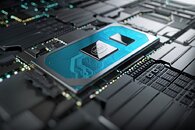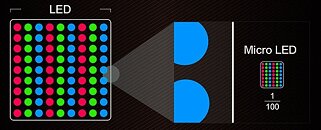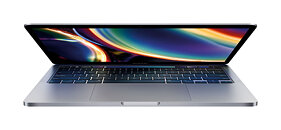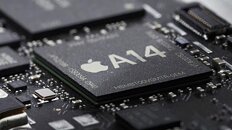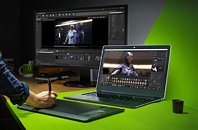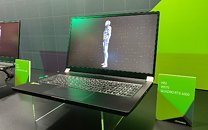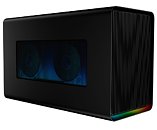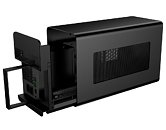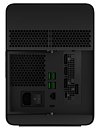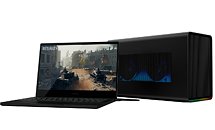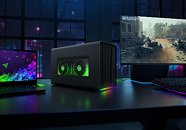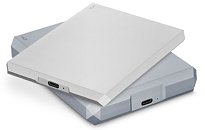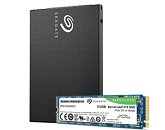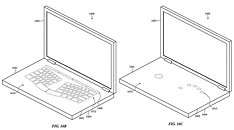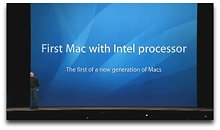
New AMD Radeon Pro 5600M Mobile GPU Brings Desktop-Class Graphics Performance and Enhanced Power Efficiency to 16-inch MacBook Pro
AMD today announced availability of the new AMD Radeon Pro 5600M mobile GPU for the 16-inch MacBook Pro. Designed to deliver desktop-class graphics performance in an efficient mobile form factor, this new GPU powers computationally heavy workloads, enabling pro users to maximize productivity while on-the-go.
The AMD Radeon Pro 5600M GPU is built upon industry-leading 7 nm process technology and advanced AMD RDNA architecture to power a diverse range of pro applications, including video editing, color grading, application development, game creation and more. With 40 compute units and 8 GB of ultra-fast, low-power High Bandwidth Memory (HBM2), the AMD Radeon Pro 5600M GPU delivers superfast performance and excellent power efficiency in a single GPU package.
The AMD Radeon Pro 5600M GPU is built upon industry-leading 7 nm process technology and advanced AMD RDNA architecture to power a diverse range of pro applications, including video editing, color grading, application development, game creation and more. With 40 compute units and 8 GB of ultra-fast, low-power High Bandwidth Memory (HBM2), the AMD Radeon Pro 5600M GPU delivers superfast performance and excellent power efficiency in a single GPU package.


